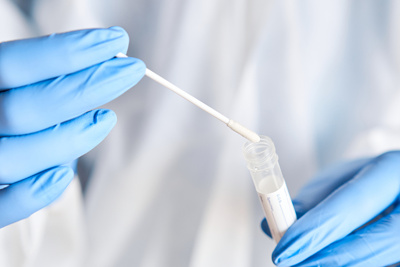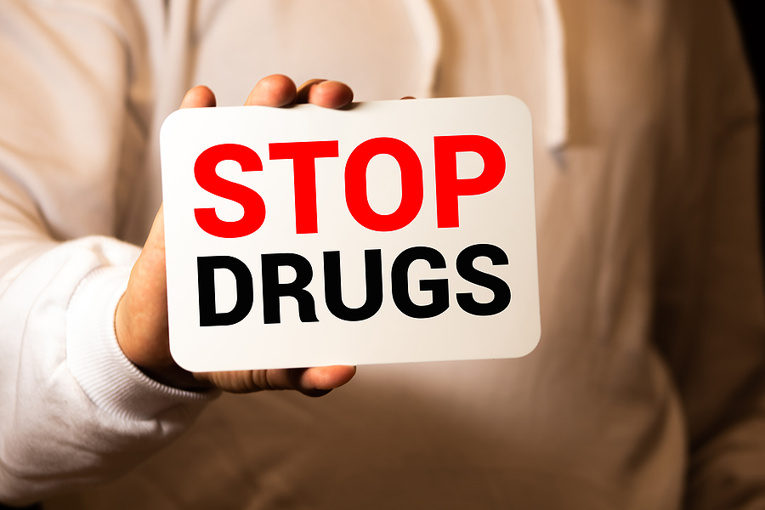 The British Horseracing Authority have revealed that saliva testing will be introduced prior to meetings to identify jockeys that have banned substances in their bloodstream – the first major sport in the UK to introduce the measure.
The British Horseracing Authority have revealed that saliva testing will be introduced prior to meetings to identify jockeys that have banned substances in their bloodstream – the first major sport in the UK to introduce the measure.
The saliva tests, which can identify performance enhancing stimulants as well as recreational drugs like cocaine, deliver instant results – meaning that a jockey can be withdrawn from a race before it begins. They would then take a second confirmatory test before any disciplinary action is taken.
Under the current testing regime, blood, urine and hair samples are used to get a positive or negative result, but this process is time consuming and the results often don’t come until a day or two after a meeting – then action has to be taken retrospectively.
It has also been reported that saliva testing is actually cheaper to carry out, meaning more rigorous testing protocol can be introduced.
The first step in the introduction of the new system will come during the spring, with the BHA overseeing a trial run in conjunction with the Professional Jockeys Association (PJA). The regulator has confirmed that they will invest more heavily in drug testing in 2021 following a spate of positive tests in recent months.
Innovative jockey saliva testing pilot could provide on-the-day screening for cocaine and other banned substances, and enhance testing capacity
➡️https://t.co/FTxd86EZfH pic.twitter.com/2m7hxZNZdm
— BHA Press Office (@BHAPressOffice) February 18, 2021
The chief regulatory officer at the BHA, Brent Dunshea, said:
“This is an exciting and innovative proposal which could have a huge impact on our ability to protect the sport against individuals who are competing while under the influence of prohibited substances.
“We hope that the use of on-the-day screening, alongside increased testing capacity, will provide greater deterrent to potential offenders and greater reassurance to riders that they are competing in a safe environment, should the pilot be successful.”
Worrying Rise In Drug Use Forces Action

As of February 2021, no other sport in the United Kingdom currently uses instant saliva testing on their athletes.
One of the reasons that the BHA has been forced to act is an increasing number of bans being handed out to jockeys for returning positive tests, typically for cocaine.
The champion jockey Oisin Murphy is currently serving a three-month ban after a positive test for cocaine given in France, although it is believed that his result came about due to ‘contamination’ after he enjoyed a night of passion with an individual who had taken the drug. His ban is half the normal length metered out for a positive test.
Just last week, Philip Prince was banned for six months after testing positive for cocaine in November 2020, with the jockey later admitting he was a ‘regular user’ of the drug. The amount in his bloodstream was more than 56 times the threshold amount.
Frankie Dettori admitted that he had taken cocaine in 2012, while the likes of Danny Cook and Kieran Shoemark have been banned after separate positive tests. Paul Struthers, the chief executive of the PJA, said last year:
“I would be completely disingenuous if I said there isn’t a problem [with cocaine in racing],” he said. “This is something that needs addressing.”
